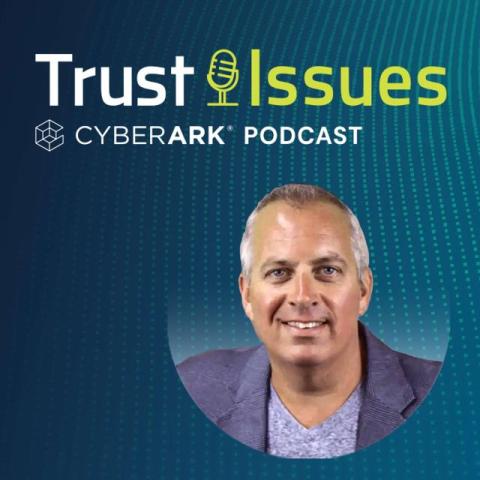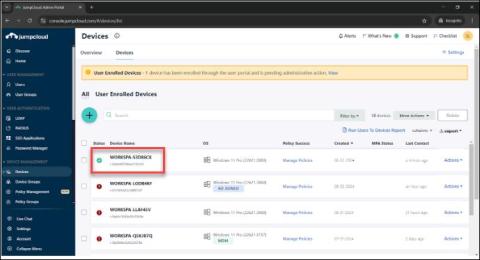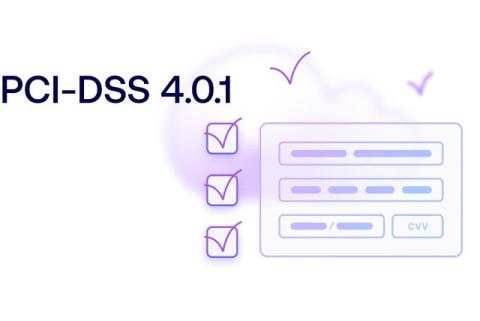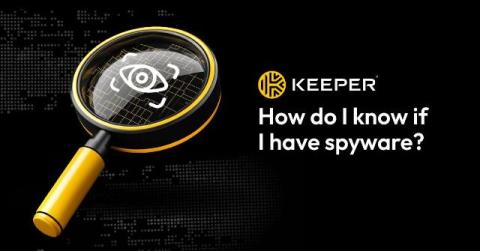More Carrots and Fewer Sticks
As I sit in the 2024 Seattle Convene conference this week and listen to speaker after speaker talk about their successful security awareness training programs, one thing is perfectly clear. They all prefer carrots and fewer sticks. A question human risk managers frequently ask me is what role negative consequences should play in a successful security awareness training program?










